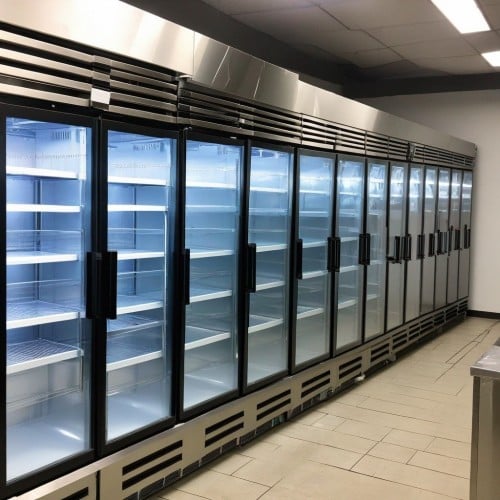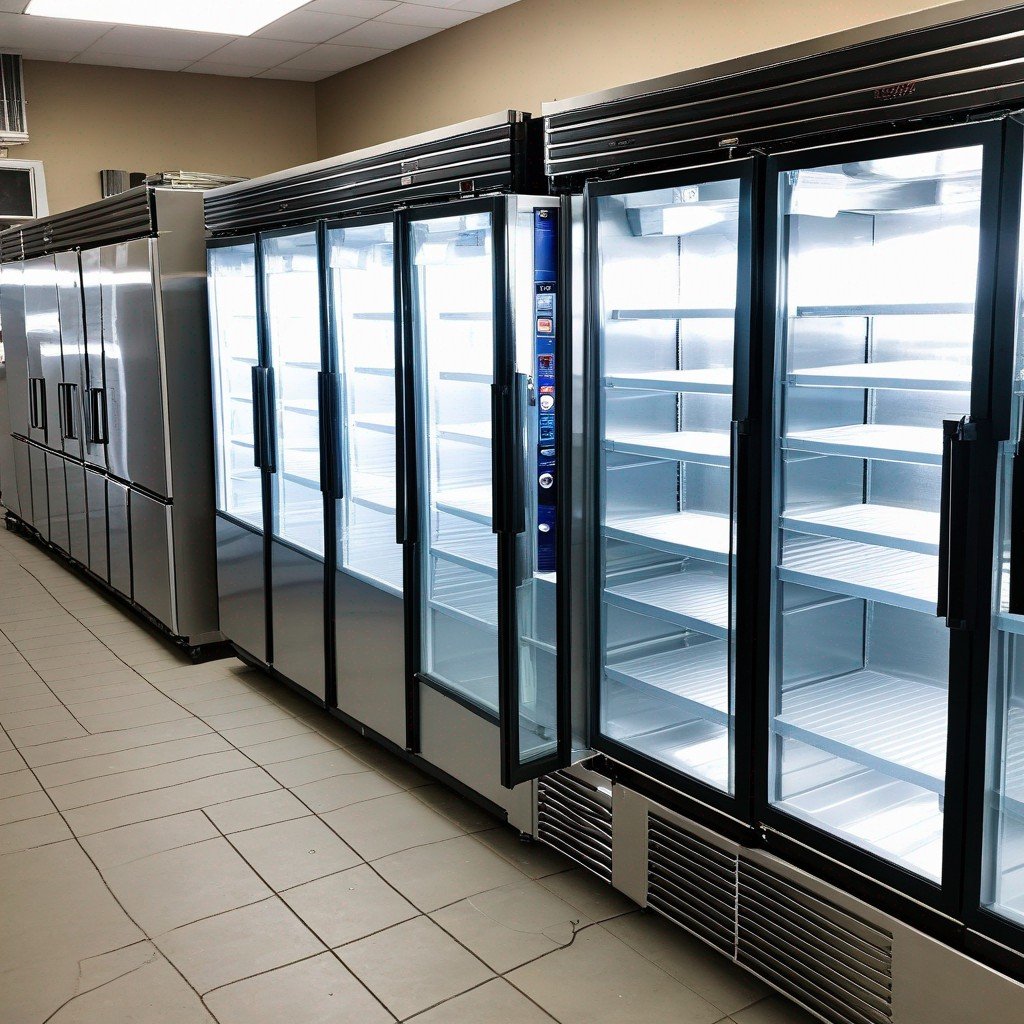-
Table of Contents
How Does The Freezer Work?

Freezers are an essential part of our daily lives, especially in America where they are frequently used and highly appreciated. But have you ever wondered how a freeer works? This article will delve into the mechanics of a freezer, its spare parts, common troubleshooting issues, and when to call the authorized service.
The Science Behind Freezers
A freezer works on the principle of refrigeration, which involves the reoval of heat from a particular area, resulting in a cooler environment. This process is facilitted by the freezer’s main components: the compressor, condenser, expansion valve, and evaporator.
Compressor
The compressor is the heart of the freezer. It compresses the refrigeant gas, increasing its pressure and temperature. this high-pressure gas then moves to the condenser.
Condenser
The condenser is a series of coils located at the back of the freezer. here, the high-pressure gas releases its heat to the surrounding air, cooling down and transforming into a high-pressure liquid.
Expansion Valve
The high-pressure liquid then passes through the expansion valve, where it experiences a sudden drop in pressure. this causes the liquid to evaporate partially, resulting in a mixture of gas and liquid.
Evaporator
The mixture then enters the evaporator, where it absorbs heat from the freezer’s interior, fully evaporating into a gas. This process cools down the freezer’s interior, preserving your food. The gas then returns to the compressor, and the cycle repeats.
Replacement Parts of a Freezer
Like any other appliance, a freezer may require part replacements over time. Some common replacement parts include the thermostat, door seal, defrost timer, and evaporator fan motor. Always ensure to use genuine parts and seek professional help if necessary.
Troubleshooting Common Freezer Problems
While freezers are generally reliable, they can sometimes encounter issues. Here are some common problems and their solutions:
- Freezer not cooling: This could be due to a faulty thermostat, blocked vents, or a malfunctioning fan. Check these components and replace if necessary.
- Freezer overcooling: This is often caused by a faulty thermostat or temperature control. Consider replacing these parts.
- Noisy freezer: This could be due to a faulty fan, compressor, or defrost timer. Inspect these parts and replace if needed.
If you’re unable to resolve these issues, it’s advisable to call the authorized service. There are service centers in many provinces of America. You can find the nearest service center by calling the call center specified on the company’s official website.
Conclusion
Understanding how a freezer works can help you troubleshoot issues and maintain your appliance better. Remember, when in doubt, it’s always best to seek professional help. With proper care and maintenance, your freezer can serve you efficiently for many years.
Note: The information provided here is collected from the internet. While we strive for accuracy, there may be some discrepancies. For the most accurate and up-to-date information, please visit the official website of the company. The site owner does not bear any responsibility arising from incorrect information or application.







